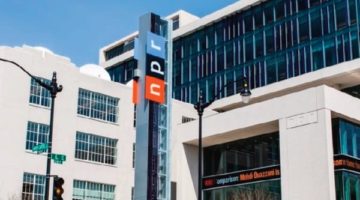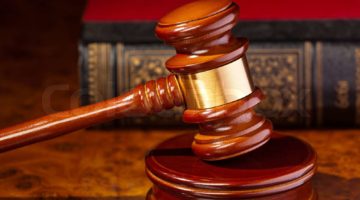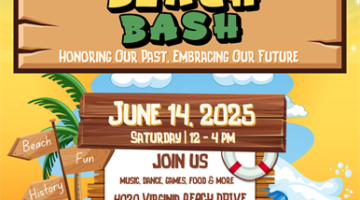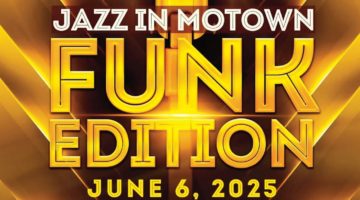 Special to South Florida Times
Special to South Florida Times
Liberty City’s Martin Luther King Day parade has become the largest celebration in at least South Florida of the slain civil rights leader’s life. But its beginnings, according to parade organizer Preston Marshall, were humble.
When Marshall, 74, organized the first parade in 1983, he said, no one thought it was going to make it.
“It was just a few boy and girl scouts marching in one lane down MLK [Northwest 62nd Street/Martin Luther King Jr. Boulevard] between two Miami-Dade policemen on motorcycles. One was in front and the other was in back of our little parade,” Marshall recalled.
During that first parade, “some of the people laughed at and teased us. But we continued on,” he said.
The 1983 parade was barely funded, Marshall said. “We started out with almost nothing, just a little in-kind from the city to provide the police. The MLK Parade committee had not yet formed.”
Gene Tinney, chairman of the Virginia Key Beach Park Trust, described the inaugural parade as “a day of hope. It concluded with a family day at MLK Park.”
Eventually, Tinnie said, the number of participants and interest in the parade grew, making it a respected event.
It was King and his active role in the Civil Rights movement that spurred Marshall to organize the parade in 1986, the year when then President Ronald Reagan signed legislation creating the national holiday.
“I demonstrated with Dr. King, marched in St. Augustine, Tallahassee, Baton Rouge and in the 1963 March on Washington,” said Marshall, who grew up in Overtown. “I was motivated by him.”
While attending Southern University during the Sixties, Marshall, now a retired Miami-Dade public school teacher, joined the lunch counter sit-ins in
Baton Rouge’s local five-and-dimes, including Woolworth’s, Kress and J.G. McCrory’s.
“I was arrested and harassed by police,” he said. “In Baton Rouge, they put the water hoses on us, used billy sticks and let the dogs loose on us.”
Such racially charged tactics were used often and in various cities, Marshall said. “They really didn’t care how we were treated.”
But, Marshall said, he was young and motivated by the issues King believed in, so he continued despite the mistreatment. “I never let it stop me. Change was too important,” he said.
Around the parade’s second year, Marshall said, a committee began to gradually form and the number of participants swelled. “There were drummers, bands, organizations, politicians, business owners. Everyone wanted to join in.”
Because of the growth of the event, the city of Miami, about 10 years ago, moved the parade route from MLK Boulevard to Northwest 54th Street, to the south.
“It was a safety issue,” Marshall said. “The street was too narrow. School bands complained that they could not stretch out. Floats and other parade vehicles had a problem navigating through the street. The median was a problem, with kids possibly running off it and into the street and then getting hurt.”
“A couple of places on 62nd [Street] at that time were doing dope swaps,” he added.
The community, Marshall said, wanted to keep the parade along the boulevard, especially because of its name, but 54th Street is a much wider road.
Marshall said that he is proud of the parade’s development and what it has meant to the community over the years.
“I just want to see it continue, to have Dr. King’s legacy honored,” he said.
Cynthia Roby may be reached at CynthiaRoby@bellsouth.net.
Photo: Preston Marshall












No Comment